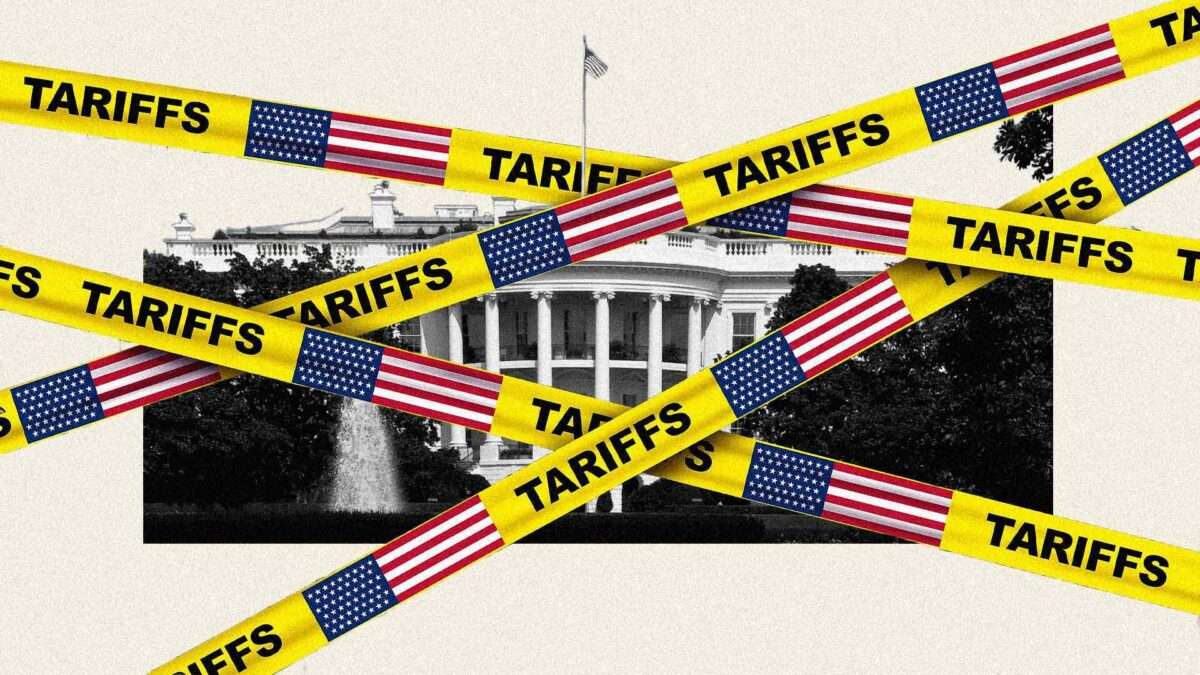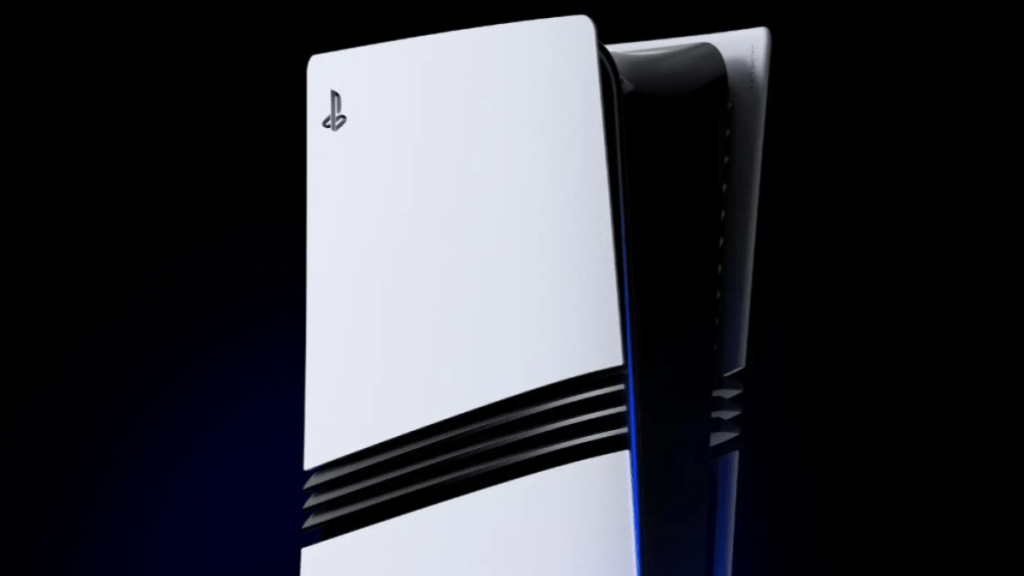In a unanimous decision on Wednesday, the Supreme Court rejected an appeals court's conclusion that the Food and Drug Administration (FDA) violated the Administrative Procedure Act by "arbitrarily and capriciously" refusing to allow continued sales of flavored nicotine solutions produced by Vapetasia and Triton Distribution. The decision effectively approves the FDA's de facto ban on nicotine vaping products in flavors other than tobacco and menthol, meaning that unfair and irrational policy will continue unless it is reversed by the Trump administration.
Vapetasia, which is based in Las Vegas, and Triton Distribution, which is located in the Dallas area, complained that the FDA had improperly changed the criteria for approving their products after they sought permission to keep selling them. Last year, the U.S. Court of Appeals for the 5th Circuit agreed, saying the FDA "sent manufacturers of flavored e-cigarette products on a wild goose chase" by issuing guidance on which the companies relied in preparing their applications, only to discover that the agency's advice had been nullified by subsequent "regulatory switcheroos."
The FDA appealed that decision, and last July the Supreme Court agreed to take up the case. It heard oral arguments in December.
"The essence of respondents' argument," Justice Samuel Alito notes in FDA v. Wages and White Lion Investments, "is that the FDA told them in guidance documents that it would do one thing and then turned around and did something different when it reviewed their applications." But with one exception that may not have made a difference, he says, the FDA did not really change its position on what it would take for these companies to stay in business.
"In respondents' view," Alito notes, "the FDA initially stated that manufacturers would not need to provide specific kinds of studies like randomized controlled trials or longitudinal cohort studies but then treated such evidence as essential." Although Vapetasia and Triton "express frustration about the lack of clear prior notice regarding the type of scientific evidence that was essential for approval of an application," he says, "we cannot agree with their argument that the FDA went back on any commitments made in the guidance it provided before ruling on respondents' applications."
It is not hard to see how Vapetasia and Triton got the impression that no specific type of study was necessary. "In most situations," an FDA official said at a public meeting in October 2018, "it is likely that at least some analytical testing specific to the product would be conducted" to support an application. In addition to "randomized clinical trials," he mentioned "alternatives" such as literature reviews and "pharmacokinetic," "pharmacodynamic," "biomarker," "topography," or "focus group" studies.
As Alito notes, "the official never stated that any particular type of study was necessary." To the contrary, "the FDA acknowledged that it was open to evidence besides 'new nonclinical or clinical studies.'" It also said "it would consider evidence 'bridging' new tobacco products to already marketed products whose safety was backed by 'existing clinical, nonclinical, or product information.'" But as Alito and the other justices see it, "none of this amounted to anything like a hard-and-fast commitment as to the minimum evidence the agency would require for marketing authorization."
A June 2019 guidance document "was similarly noncommittal," Alito says. The FDA "recognized that the 'relatively new entrance' of e-cigarettes 'on the U.S. market' meant that 'limited data may exist from scientific studies and analyses.'" In light of that problem, the FDA said, it would consider other "valid scientific evidence," although it warned that "nonclinical studies alone are generally not sufficient."
If applicants cited "data from the published literature or government-sponsored databases," the FDA said, they should make sure that evidence was "adequately bridged to your product" based on "a scientific rationale." Manufacturers could draw on "published literature reviews," although those are "considered a less robust form of support." Applicants could "conduc[t] independent analyses of published studies," but it was important to include "critical study details" to make that information "useful in FDA's review."
The gist of the FDA's message, Alito says, was that "it was not essential for manufacturers to submit evidence based on 'well-controlled investigations,' such as randomized controlled trials or longitudinal cohort studies." But "if they did not do so, they would have to provide rigorous scientific evidence that the sale of their particular products would be appropriate for the protection of the public health"—the nebulous standard established by the 2009 law that authorized the FDA to regulate tobacco products.
Since Vapetasia and Triton "did not submit randomized controlled trials or longitudinal cohort studies," Alito says, "the fate of their applications turned on whether they submitted 'other evidence' that met the FDA's standard of scientific rigor and relevance to their product. The FDA rejected respondents' applications because it concluded that its 'other evidence' test was not met, and the explanation in its denial orders echoed statements made at various points in its earlier guidance."
That gloss is hard to reconcile with an internal FDA memo written in July 2021—10 months after the application deadline. In that memo, Alito concedes, the FDA took "a far less capacious view of the scientific evidence it would consider," saying "it would consider it a 'fatal flaw' if an application lacked scientific evidence about a product based on either a randomized controlled trial or a longitudinal cohort study." But the FDA insists it did not apply that rule when it rejected the applications from Vapetasia and Triton. The Supreme Court is obliged to accept that claim, Alito says, because the FDA is "entitled to a presumption of regularity" that can be overcome only by a "strong showing of bad faith or improper behavior."
Vapetasia and Triton also complained that the FDA "initially gave applicants
broad discretion to select appropriate comparators for their products" but later insisted they demonstrate that their e-liquids were more effective at achieving smoking cessation than tobacco-flavored alternatives. Because the FDA worried that fruit, candy, and dessert flavors appeal to teenagers, it was not enough to show that former smokers overwhelmingly prefer those flavors, that vaping products help smokers quit, and that switching to vaping dramatically reduces the health risks of their nicotine habits.
Alito concedes that "the FDA did not provide this precise instruction in its predecisional guidance." But he thinks applicants should have anticipated that the FDA "might consider whether an application for a flavored product included a comparison with other products in the flavored category," especially in light of the agency's concerns about underage vaping.
Those concerns, Vapetasia and Triton noted, had always been focused on cartridge-based vapes, which accounted for the vast majority of underage consumption, as opposed to the refillable "open" systems for which their liquids are designed. The latter, which are sold in vape shops that exclude minors, have never been very popular among teenagers. According to the 2024 National Youth Tobacco Survey, 6 percent of middle and high school students were "current" e-cigarette users, meaning they reported vaping during the previous month. Among those current users, just 7 percent said they used "tanks or mod systems."
In an April 2020 guidance document, Alito notes, the FDA "said it would 'prioritize
enforcement of flavored, cartridge-based' e-cigarette products 'other than tobacco- and menthol-flavored products.'" It explained that "youth overwhelmingly prefer cartridge-based" vaping products, which are "easy to conceal, can be used discreetly, may have a high nicotine content, and are manufactured on a large scale." And it said its enforcement actions "should have minimal impact on small manufacturers (e.g., vape shops) that primarily sell non-cartridge-based" products.
From such statements, Vapetasia and Triton surmised that the FDA did not view their products as significant contributors to underage vaping. They were therefore surprised by the hard line it took against their nontobacco flavors.
Alito concedes that "the FDA's central concern" was cartridge-based vapes. But he says "nothing in the 2020 guidance suggested the FDA would decline to take enforcement action against other products that might be appealing to the young." Although "the 2020 guidance may have led respondents to believe that the FDA was more likely to authorize their open-system products than other manufacturers' cartridge-based products," he says, "such a belief about how an agency is likely to exercise its enforcement discretion is not a 'serious reliance interes[t].'"
Finally, Vapetasia and Triton complained that the FDA changed its mind about the importance of "marketing plans" aimed at minimizing underage use. "After telling manufacturers that their marketing plans were 'critical' to their applications," the 5th Circuit noted, "the FDA candidly admitted that it did not read a single word of the one million plans." The FDA said it decided to ignore those plans "for the sake of efficiency."
The 5th Circuit saw that reversal as a clear change in the FDA's position, and the FDA does not contest that conclusion. But this particular "switcheroo," it argues, was "harmless." Although the 5th Circuit disagreed, Alito says the appeals court did not apply the correct test in assessing that issue, so it should try again.
Although the 5th Circuit's decision allowed Vapetasia and Triton to stay in business, it was never clear how long that reprieve would last. The appeals court remanded "the matters" to the FDA, which could still reject the applications after reviewing them again.
Congress gave the FDA wide discretion to block the sale of nicotine products based on a collectivist calculus that invites value judgments and entails highly uncertain predictions. And even though adolescent vaping has been declining for years, the FDA under the Biden administration saw it as a threat so grave that it overrode the interests of adult consumers and the businesses that serve them.
That could change. During his 2024 campaign, President Donald Trump bragged that he "saved flavored vaping" during his first term and promised that he would "save vaping again."
The post The Supreme Court Blesses the FDA's Rejection of Flavored Nicotine Vapes appeared first on Reason.com.











 Bengali (Bangladesh) ·
Bengali (Bangladesh) ·  English (United States) ·
English (United States) ·